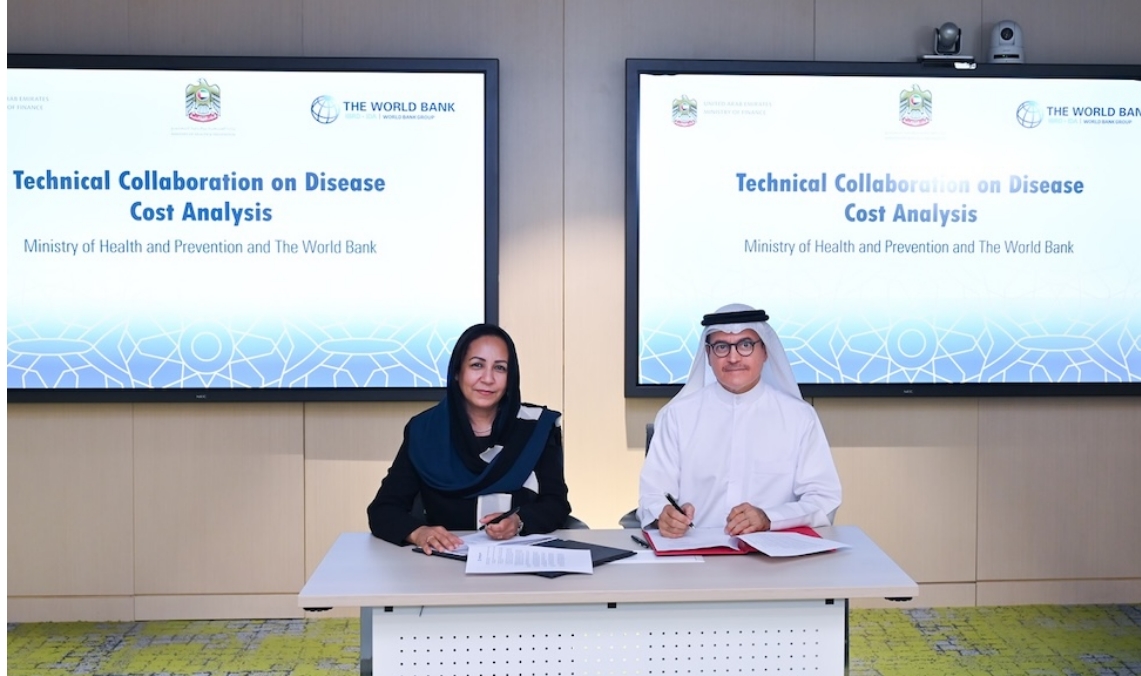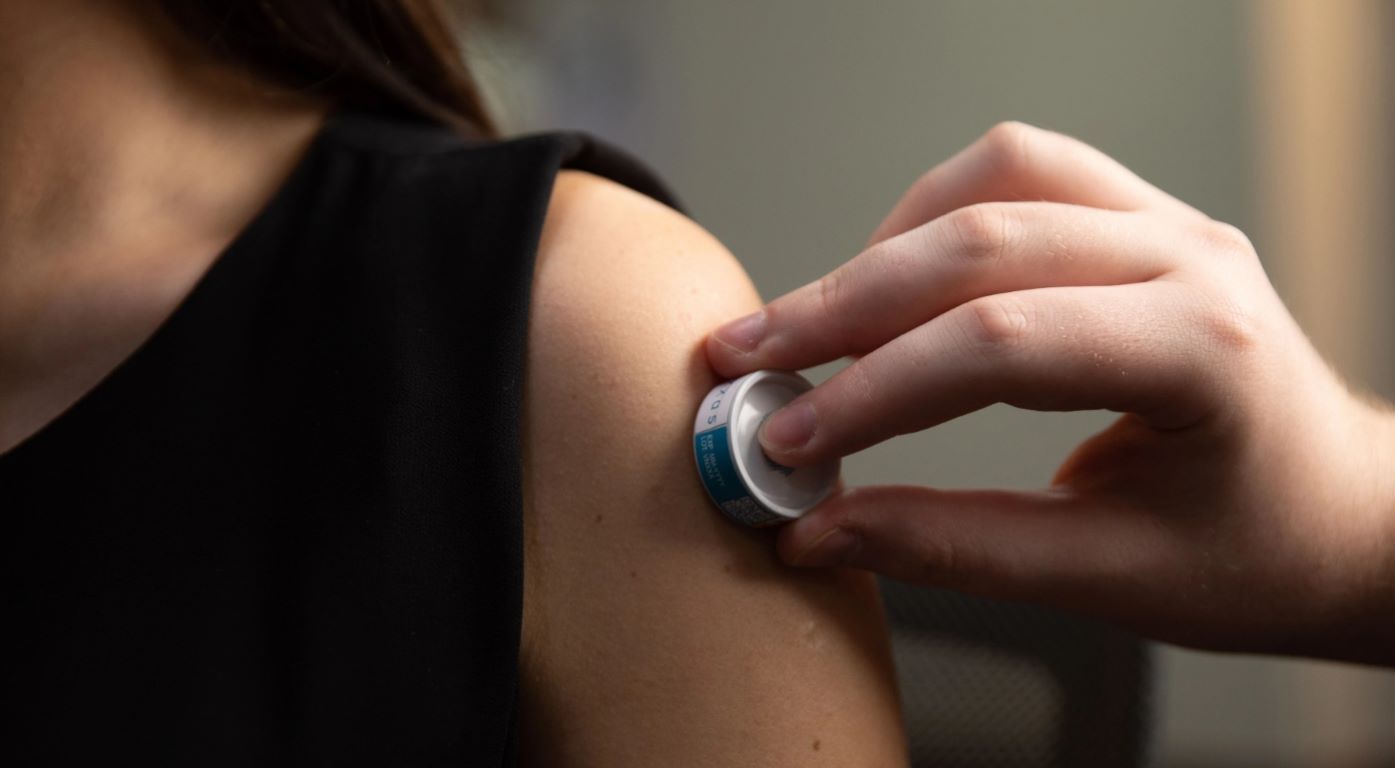How to get your drug registered in India?
27 September 2012 | Regulatory | By BioSpectrum Bureau
How to get your drug registered in India?

What do pharma firms do to get regulatory approvals in India?
The domain of life sciences in the Asia Pacific (APAC) region provides several opportunities for organizations that are seeking to grow in the region. Regulatory approvals often emerge as a hindrance for these firms in the APAC region. BioSpectrum speaks to industry individuals and regulatory professionals from India, in order to compile a guide on the regulatory processes in the largest democracy of the world. (Also read this week: Regulatory requirements in China, Taiwan, Australia, Hong Kong, Indonesia, Singapore and Korea)
In India, an applicant is required to file application in Form 44 along with prescribed fees in the form of treasury Challan and all relevant data as per Schedule Y to Drugs and Cosmetics Rules, for seeking permission to import or manufacture of new drug substances and its formulations for marketing in the country. The documents include chemical and pharmaceutical information, animal pharmacological and toxicological data, clinical data of safety and efficacy regulatory status in other countries etc and results of clinical trials on local population.
In case of new drugs approved in other countries, the requirement of submitting the results of local clinical trials may not be necessary if the drug is of such a nature that the licensing authority may, in public interest, decide to grant such permission on the basis of data available from other countries. The submission of requirements relating to animal toxicology, reproduction studies, teratogenic studies, perinatal studies, mutagenicity and carcinogenicity data may be modified or relaxed in case of new drugs approved and marketed for several years in other countries and adequate published evidence regarding the safety of the drug is available.
Although, Drugs and Cosmetics Rules does not specifically mention about the period of marketing of a new drug in other countries, which can be considered as "several years", it is necessary that for relaxation or modification of the animal toxicology data requirements of a new drug as mentioned above, the drug should be marketed in other countries for a period of more than two years and adequate evidence regarding safety of the drug in published journals should be made available to Central Drugs Standard Control Organization (CDSCO). Such relaxation or modification of requirement of toxicological data will be considered by CDSCO on case-by-case basis in consultation with experts or expert committee.
As per Clause 1(3) of Schedule Y to Drugs and Cosmetics Rules, for drugs indicated in life threatening or serious diseases or diseases of special relevance to the Indian health scenario, the toxicological and clinical data requirements may be abbreviated, deferred or omitted, as deemed appropriate by the licensing authority. There is as such neither any definition of "life threatening or serious diseases" nor any list of such disease or disorders prescribed under the Drugs and Cosmetics Act & Rules. "Life-threatening" diseases are generally considered as diseases or conditions where the likelihood of death is high unless the course of the disease is interrupted and diseases or conditions with potentially fatal outcomes. Diseases such as cancer and AIDS are generally considered as serious or life threatening diseases.
In cases of life threatening or serious diseases, it is desirable to expedite the development, evaluation, and marketing of new therapies intended to treat persons, especially where no satisfactory alternative therapy exists. In such cases patients or clinicians are generally willing to accept greater risks or side effects from products that treat life-threatening or serious diseases, than they would accept from products that treat less serious illnesses.
CDSCO will initially examine such applications, and if any particular data is lacking it will be informed to the applicant or else the applications will be forwarded to the members of IND committee in case of investigational new drugs (INDs) or to the members of New Drug Advisory Committee (NDAC) in case of new chemical entities other than IND and new fixed dose combinations.
However, in case of applications for grant of approval of new dosage form, new indication, new route of administration etc. of approved drugs, the application will be examined by CDSCO. Wherever required, such applications may also be examined in consultation with expert or expert committees. Further, all requests for exemption of toxicological & clinical data requirements will be considered on the basis of examination and scrutiny of the adequacy of data and in consultation with experts.
A legal undertaking in the form of an affidavit should be submitted by the applicant (competent person from the company) stating that the data submitted along with the application is scientifically valid and authentic.
(To know more about regulatory-related issues in India, visit www.cdsco.nic.in)











